In addition to the proposal to add some taxable items, some National Assembly deputies also proposed to relax the special consumption tax increase on alcohol and beer.

Delegate Duong Minh Anh - Photo: GIA HAN
On the morning of November 22, the National Assembly held a group discussion on the draft revised Law on Special Consumption Tax.
Proposal to subject plastic bags and pesticides to special consumption tax
Giving his opinion on the discussion, delegate Duong Minh Anh ( Hanoi ) expressed his high agreement with the proposal to make votive paper and votive goods subject to special consumption tax. Because the burning of votive paper by people is becoming more and more popular, seriously affecting the environment and causing great waste.
Currently, the fine dust index in big cities including Hanoi is rising very high, greatly affecting people's health.
Therefore, in addition to measures such as propaganda and mobilizing people to reduce the burning of votive paper, the measure of increasing special consumption tax on this item aims to gradually change people's behavior of burning votive paper, contributing to reducing emissions that cause environmental pollution.
Similarly, she suggested that the drafting committee should review and add items such as plastic bags, herbicides, and pesticides to the list of items subject to special consumption tax because these are items that have a major impact on the environment and are harmful to people's health.
Should we relax the pressure of increasing special consumption tax on alcohol and beer?
Regarding alcohol and beer, delegate Duong Minh Anh agreed to increase tax rates on alcohol and beer to limit alcohol abuse, which is harmful to people's health and social order and safety.
This regulation will also reduce the burden of medical costs on people due to the harmful effects of alcohol, keeping people safe when participating in traffic.
However, in many aspects, according to Ms. Minh Anh, when increasing tax rates on certain items, it is necessary to consider an appropriate implementation roadmap, in order to create conditions for businesses, markets, and consumers to adapt to tax increases in the coming time.
She suggested that the drafting committee consider extending the imposition of special consumption tax on the alcohol and beer industry and starting to apply it from 2027 onwards.

Delegate Ta Van Ha - Photo: GIA HAN
Delegate Ta Van Ha (Quang Nam) expressed his agreement to increase special consumption tax on alcohol, beer and tobacco. However, he said that the roadmap should be considered.
According to Mr. Ha, taxation is about behavior, high taxes will reduce smoking and drinking.
He said that in the Government's proposal, there are two options, so the option of delaying the tax increase should be chosen.
He cited the fact that after COVID-19, a factory in Quang Nam had to close, causing great losses to businesses, workers and the locality. Every year, this factory contributes 1,500 billion VND to the Quang Nam province budget.
It is necessary to treat businesses fairly, there needs to be a suitable roadmap, ensuring the harmonious interests of "State, businesses and people".
Delegate Tran Hoang Ngan (HCMC) said he supports increasing the special consumption tax rate on tobacco and alcohol, but he suggested considering beer.
Mr. Ngan analyzed that recently, the food production and service industries have been under great pressure, especially the difficulties and challenges from the COVID-19 pandemic.
The decline in the number of international and domestic tourists after the pandemic has greatly affected the food and beverage service industry, creating huge competitive pressure.
"Especially since the decrees on strict administrative penalties for people who drink and drive have been issued, it has greatly benefited people's health, but from another perspective, it has also affected business activities, the night economy... in some service business areas," said Mr. Ngan.
The Ho Chi Minh City delegation said that the beer industry contributes a large amount to the budget, averaging VND56,000 billion per year. There are also more than 50,000 direct workers in this industry. However, recently, there has been a trend of decreasing both revenue and number of workers in this industry.
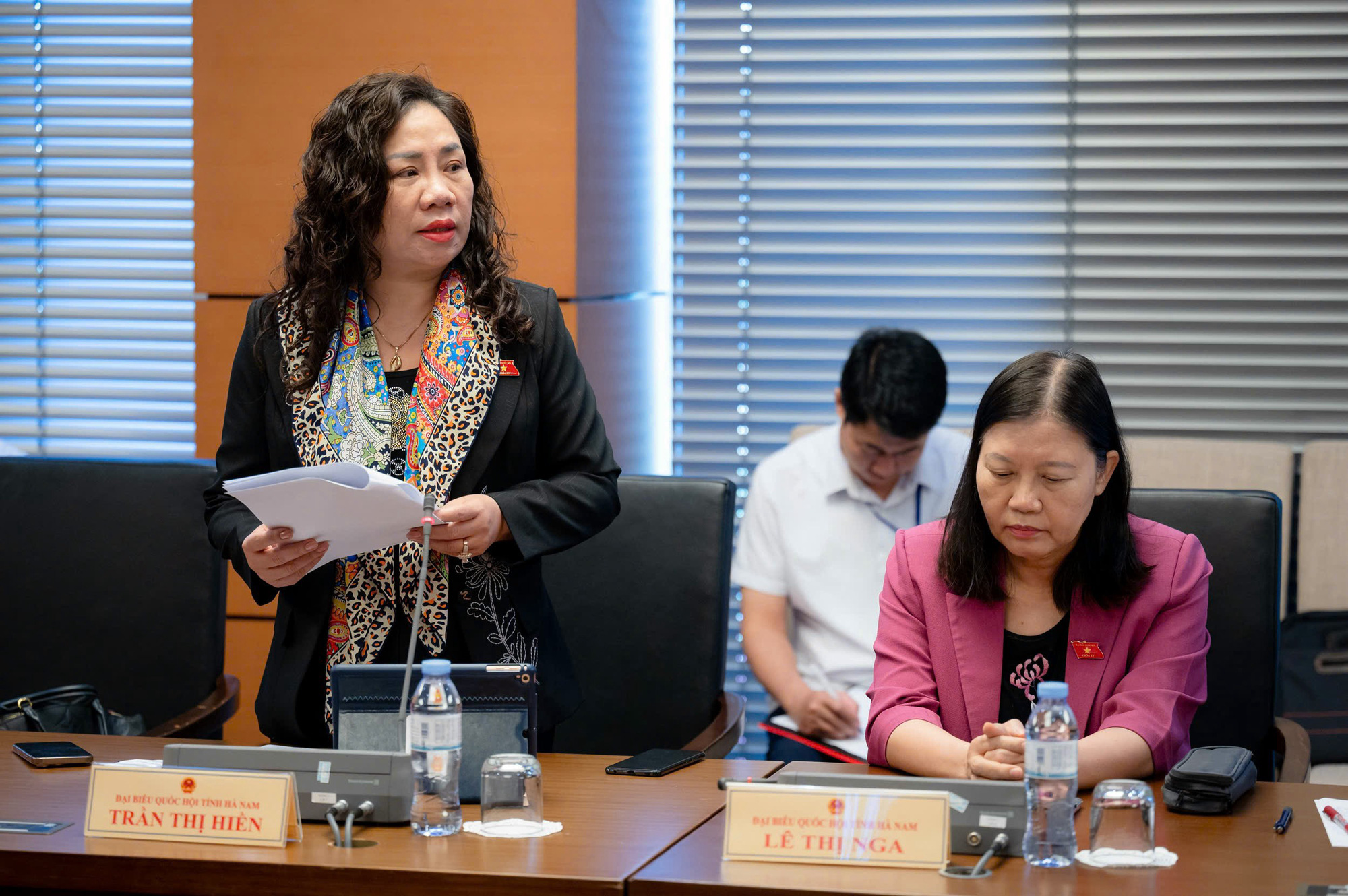
Delegate Tran Thi Hien - Photo: GIA HAN
Delegate Tran Thi Hien (Ha Nam) said that the alcoholic beverage industry must be placed in the supply chain and value chain of the entire economy in general to assess the impact comprehensively.
In fact, the wine and beer industry is directly related to supporting industries such as packaging, packaging, transportation, and indirectly related to the tourism and culinary fields.
It is necessary to estimate how other industries will be affected by the proposed tax increase and roadmap. Can this impact be offset by special consumption tax revenue, or by reducing social pressure and medical burden?
She said the goal of reducing alcohol consumption to protect people's health is extremely necessary. However, to realize this goal through tax policy, it is necessary to have thorough research and extensive assessment, not just purely relying on recommendations from international organizations to build laws.
"Therefore, we recommend that the Government and the Ministry of Finance have a more specific impact assessment before proposing any tax increase and tax increase roadmap," Ms. Hien suggested.
Source: https://tuoitre.vn/de-xuat-vang-ma-tui-nilon-thuoc-diet-co-vao-dien-chiu-thue-tieu-thu-dac-biet-20241122103956709.htm





![[Photo] General Secretary To Lam visits exhibition of achievements in private economic development](https://vphoto.vietnam.vn/thumb/1200x675/vietnam/resource/IMAGE/2025/5/18/1809dc545f214a86911fe2d2d0fde2e8)

![[Photo] Ready for the top competitions of Vietnamese table tennis](https://vphoto.vietnam.vn/thumb/1200x675/vietnam/resource/IMAGE/2025/5/18/9c547c497c5a4ade8f98c8e7d44f5a41)










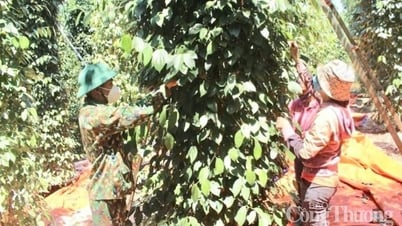

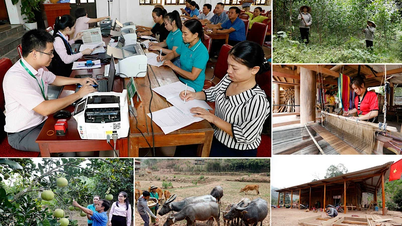










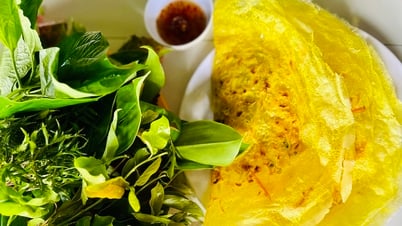



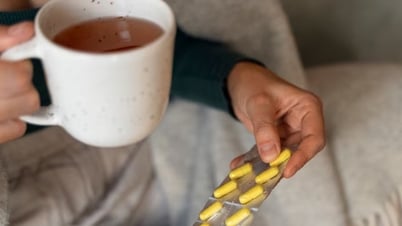

![[Photo] National conference to disseminate and implement Resolution No. 66-NQ/TW and Resolution No. 68-NQ/TW of the Politburo](https://vphoto.vietnam.vn/thumb/1200x675/vietnam/resource/IMAGE/2025/5/18/adf666b9303a4213998b395b05234b6a)









































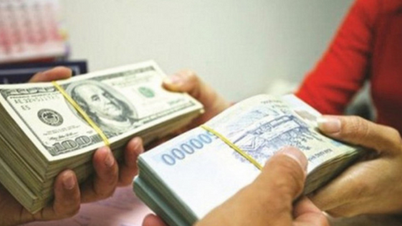





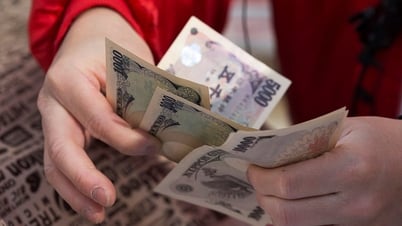









Comment (0)